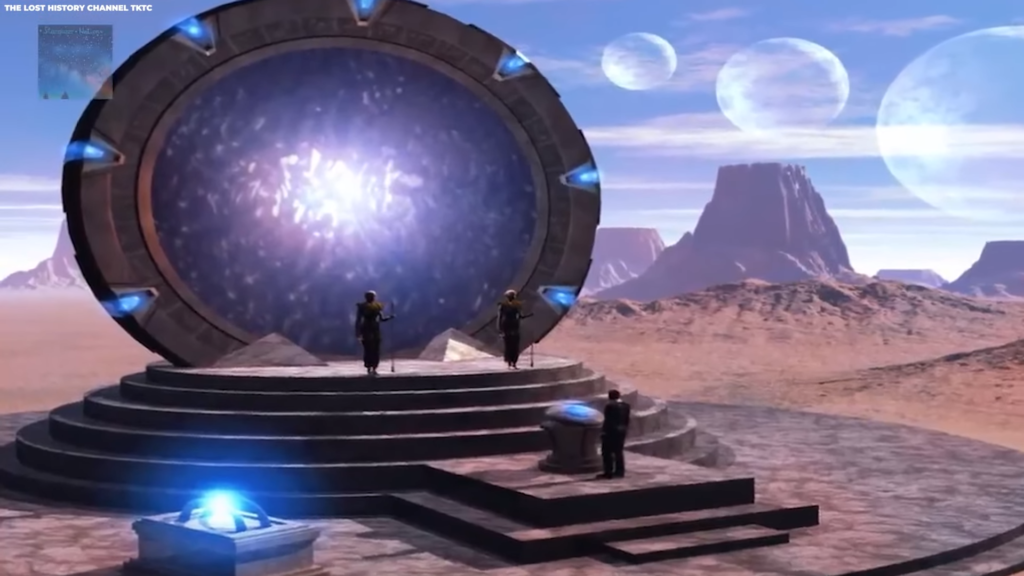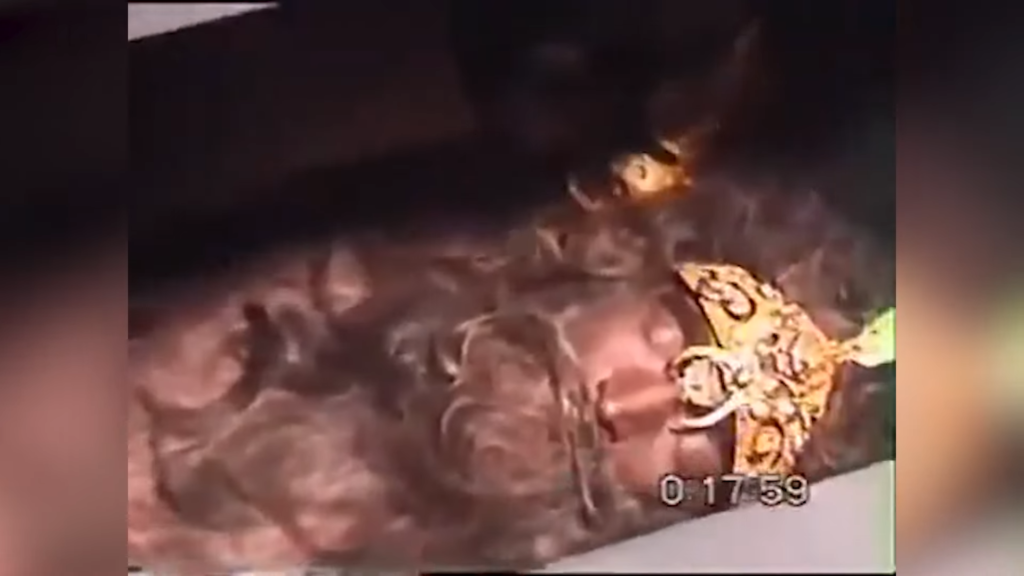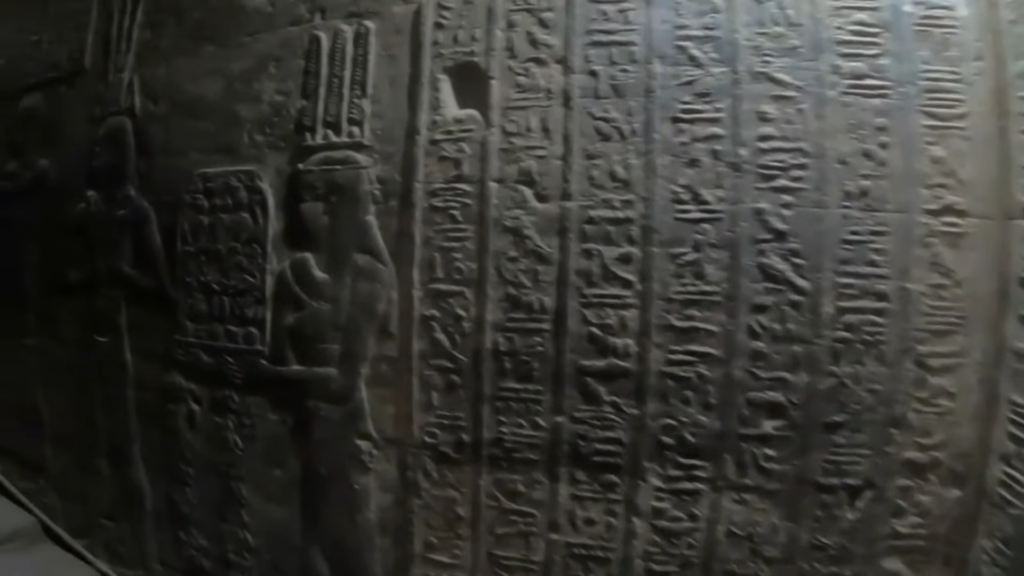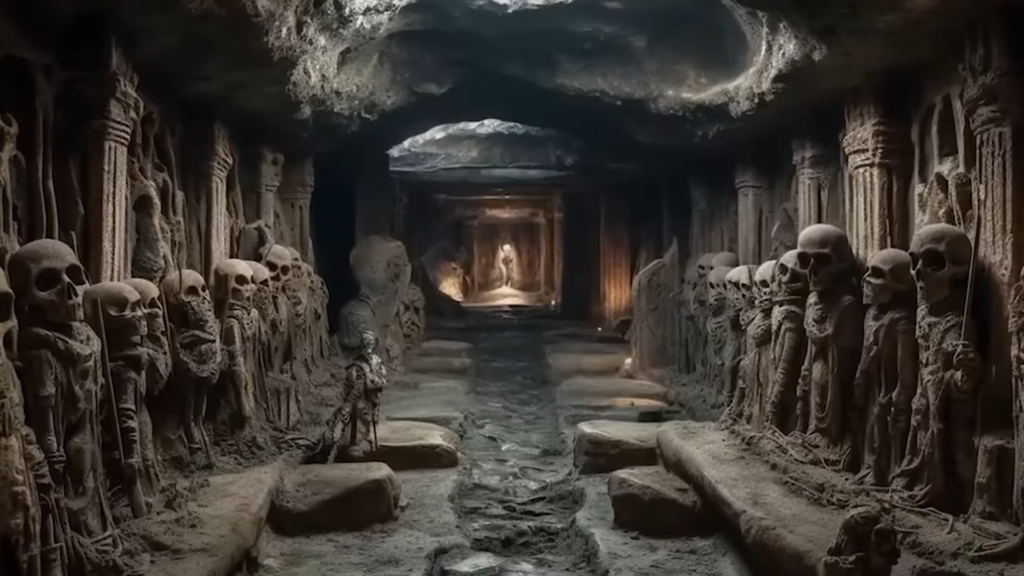In a historic revelation, a team of scientists in Iraq claims to have unearthed the long-sealed tomb believed to belong to Gilgamesh, the fabled king and hero of the world’s oldest epic. This groundbreaking discovery has sent shockwaves through the archaeological community, offering unprecedented insights into the life and legacy of one of Mesopotamia’s most iconic figures.

The opening of Gilgamesh’s tomb marks not just an archaeological milestone, but a journey into the heart of ancient myth and reality. Join us as we delve into the sacred chambers of the tomb, where clues to the origins of civilization, the mysteries of the divine, and the very essence of human existence await discovery.

For centuries, scholars debated whether Gilgamesh was a historical figure or a mere legend. Yet, recent archaeological findings have cast new light on this age-old debate. In 2003, Jorg Fassbinder and his team stumbled upon an ancient city buried beneath the Iraqi desert, bearing striking resemblance to the legendary city of Uruk, Gilgamesh’s purported domain. This remarkable discovery, coupled with the unearthing of an ancient tomb containing colossal skeletal remains, ignited speculation that Gilgamesh might indeed have been a real king.
The implications of this revelation are profound. Could it be that Gilgamesh, described in the epic as a towering giant, truly walked the earth? If so, what other truths lie buried within the annals of ancient Mesopotamia, waiting to be uncovered?

However, the journey to unravel Gilgamesh’s mysteries is fraught with obstacles. The tumultuous events surrounding the US invasion of Iraq in 2003 raised suspicions of hidden agendas and clandestine activities. Reports of military presence around the Gilgamesh site, coupled with allegations of artifact removal and looting, have only deepened the mystery surrounding the tomb’s discovery.
Moreover, whispers of ancient technology, including rumors of a fabled “stargate” hidden in Iraq, add a tantalizing layer to the enigma. Could there be truth to these age-old tales? And if so, what implications might they hold for our understanding of human history and the cosmos?

As we embark on this quest for knowledge, one thing is clear: the story of Gilgamesh and the secrets of his tomb are not just relics of the past, but keys to unlocking the mysteries of our own existence. Join us as we journey into the heart of ancient Mesopotamia, where myth and reality converge, and the truth awaits those bold enough to seek it.




